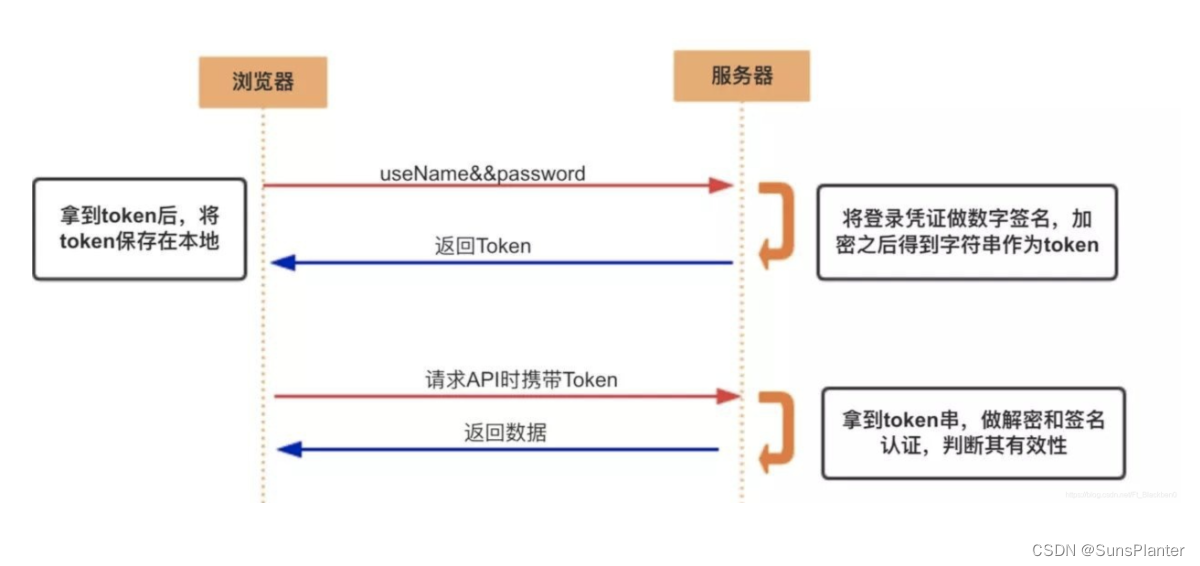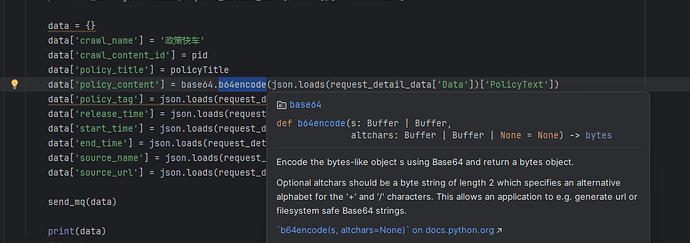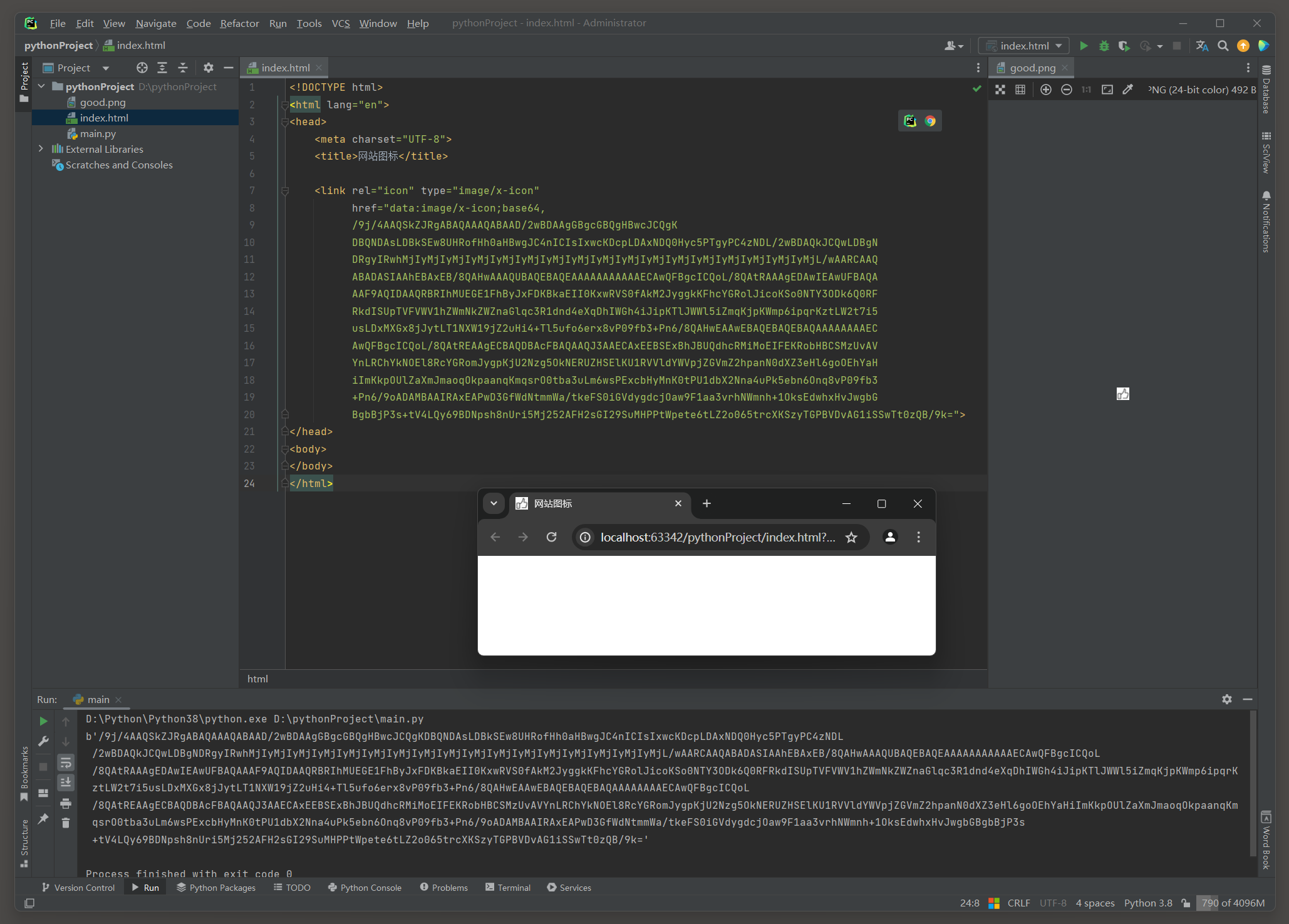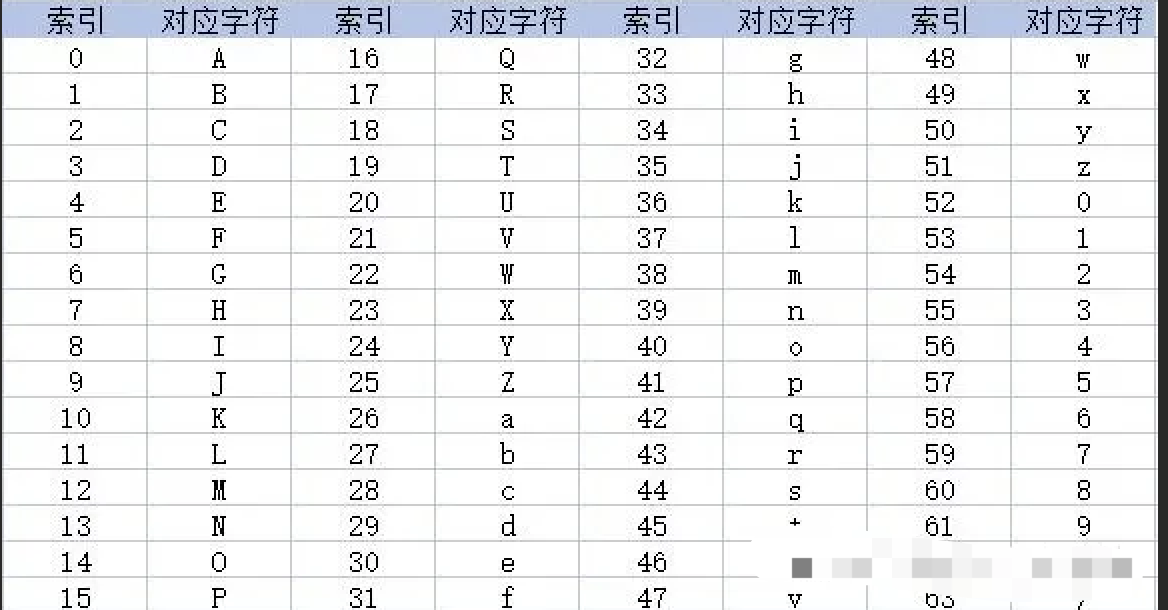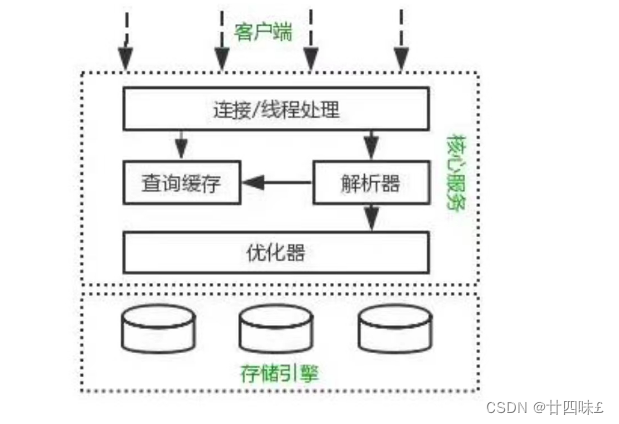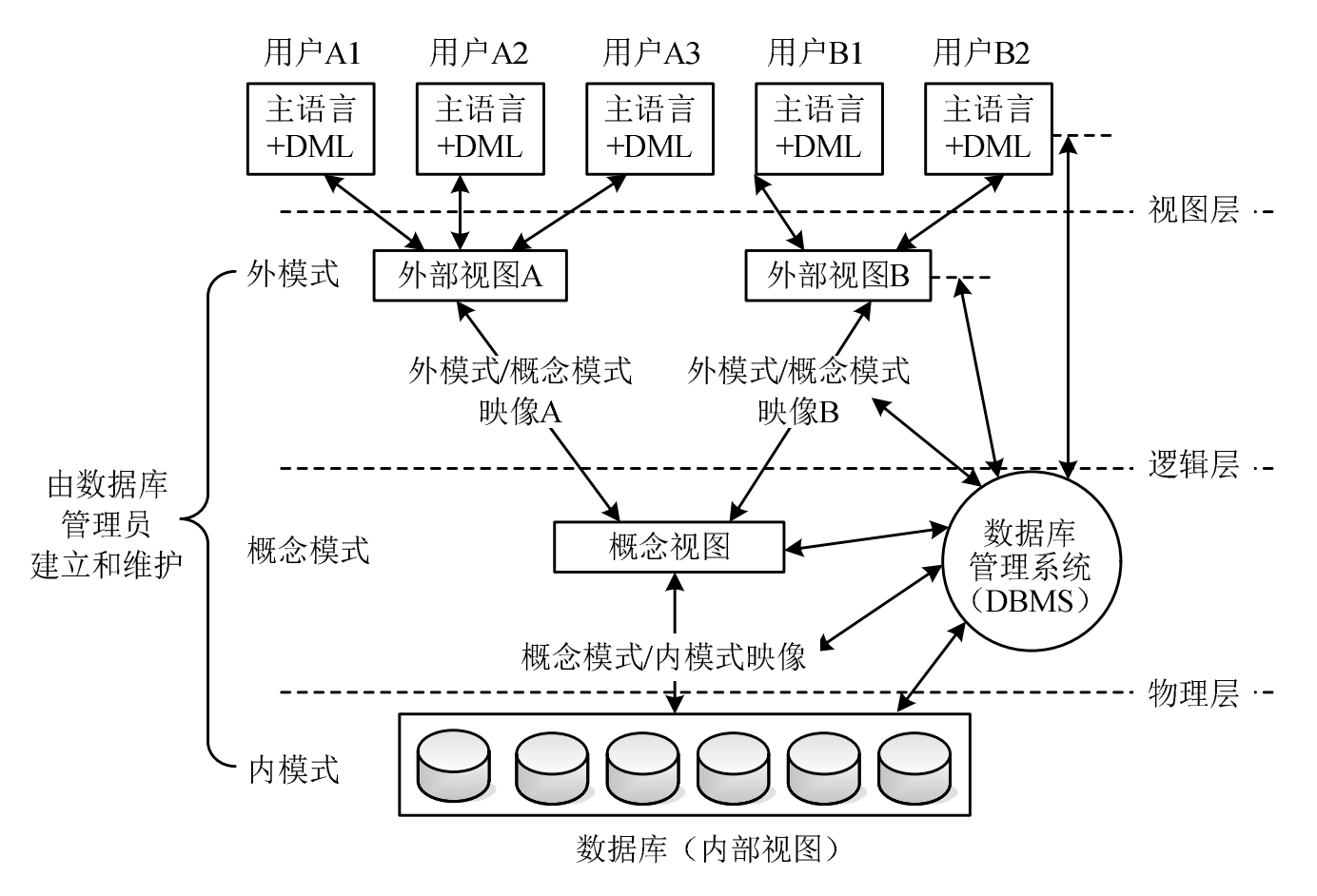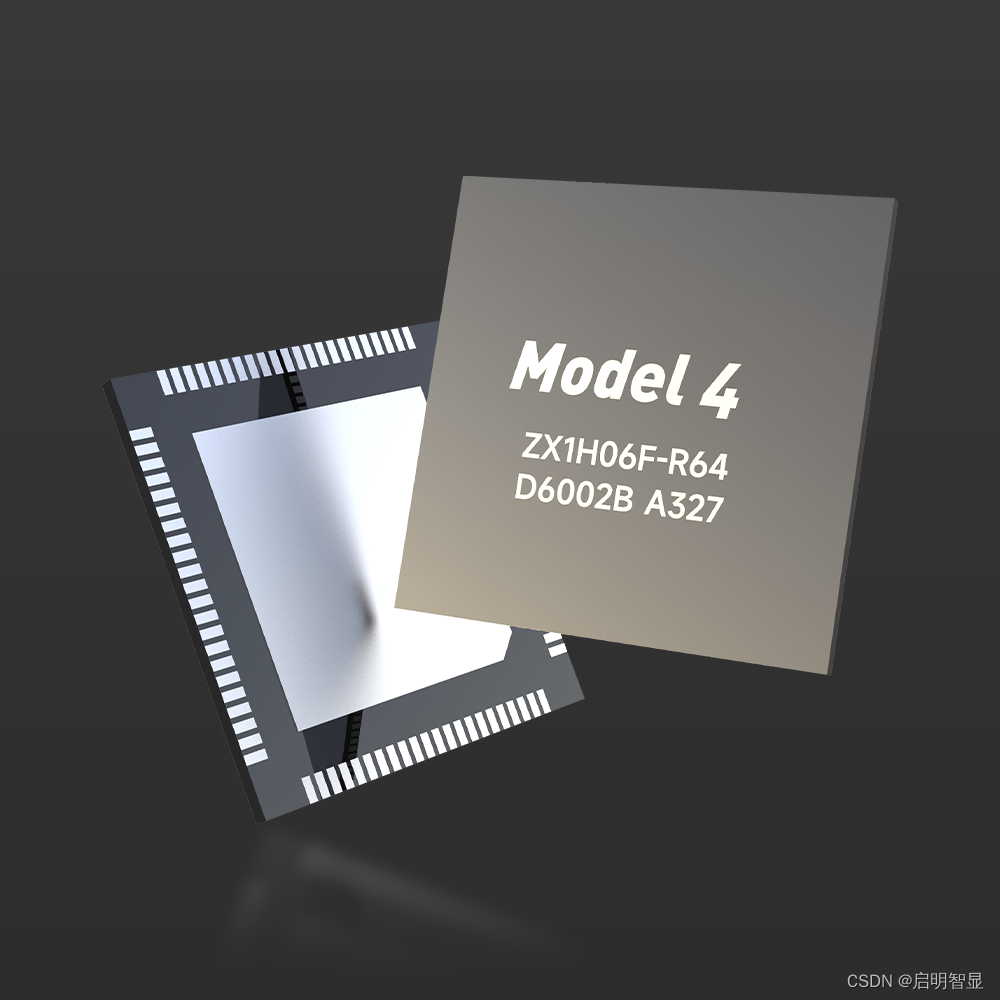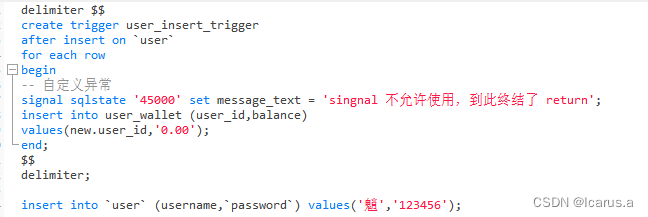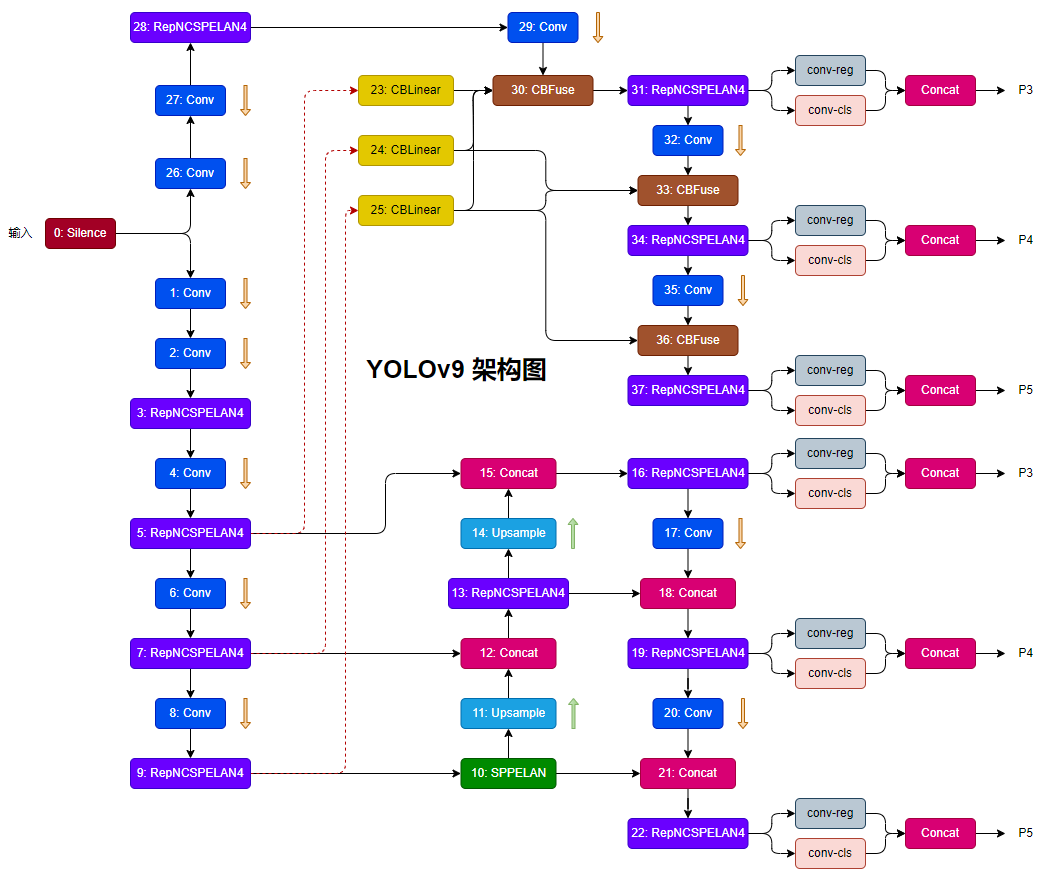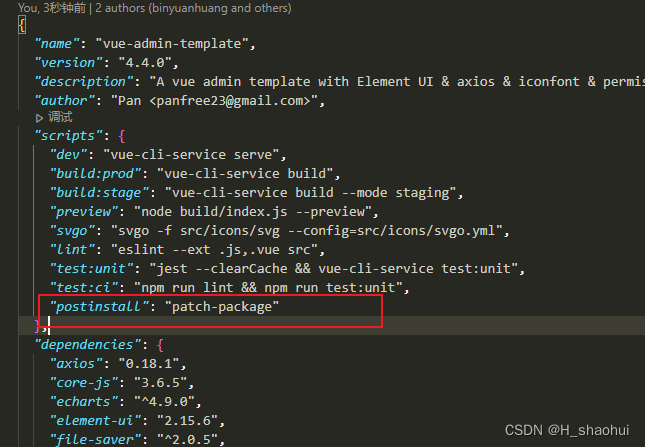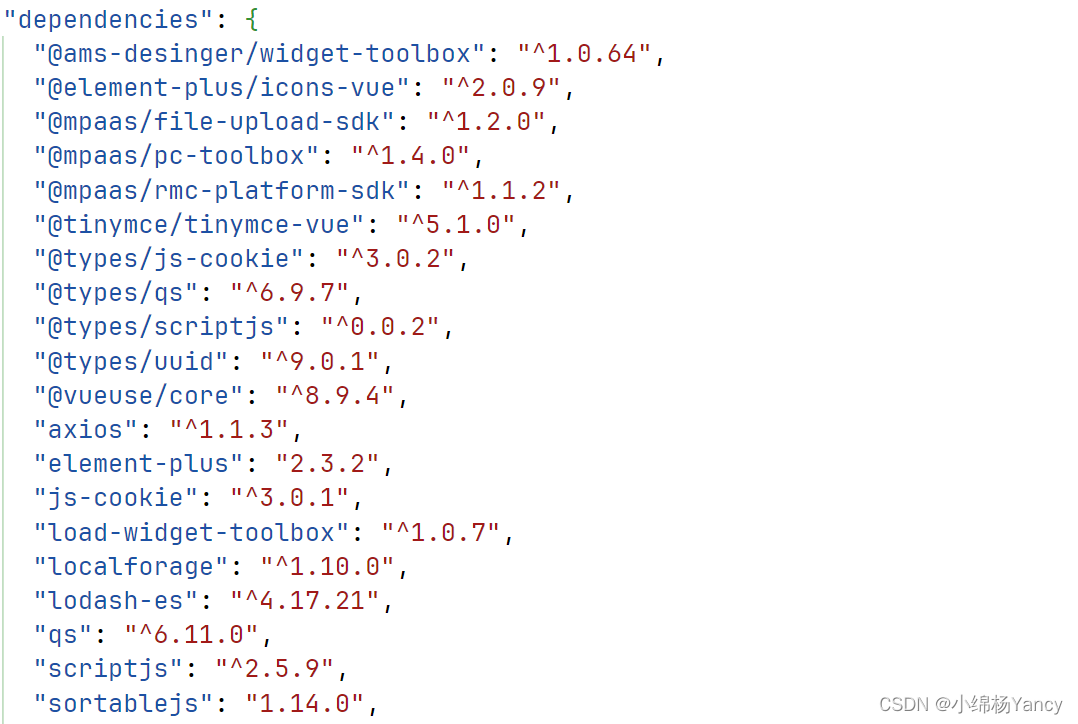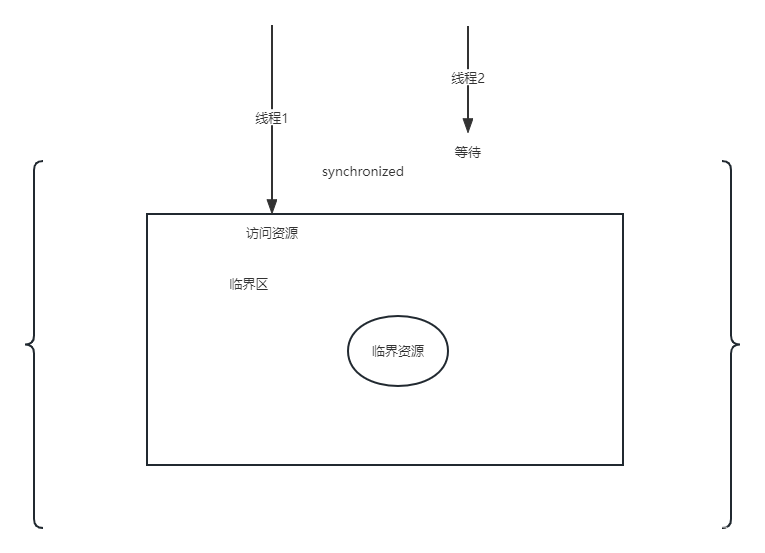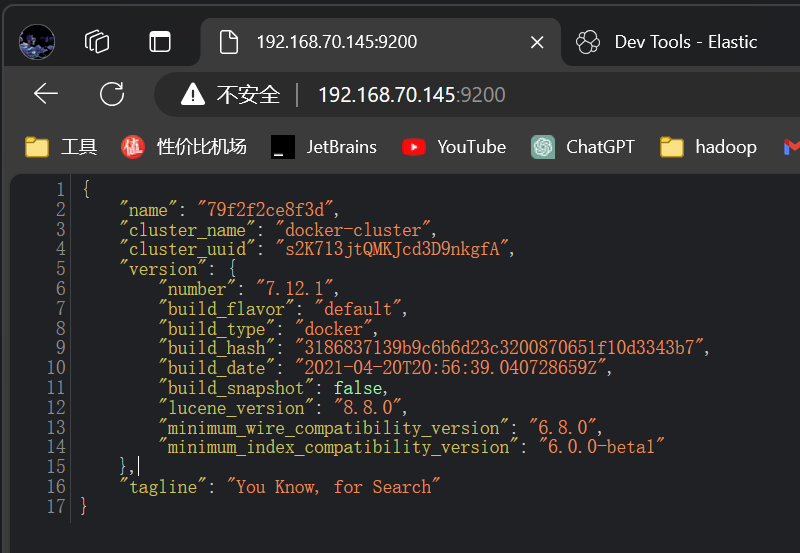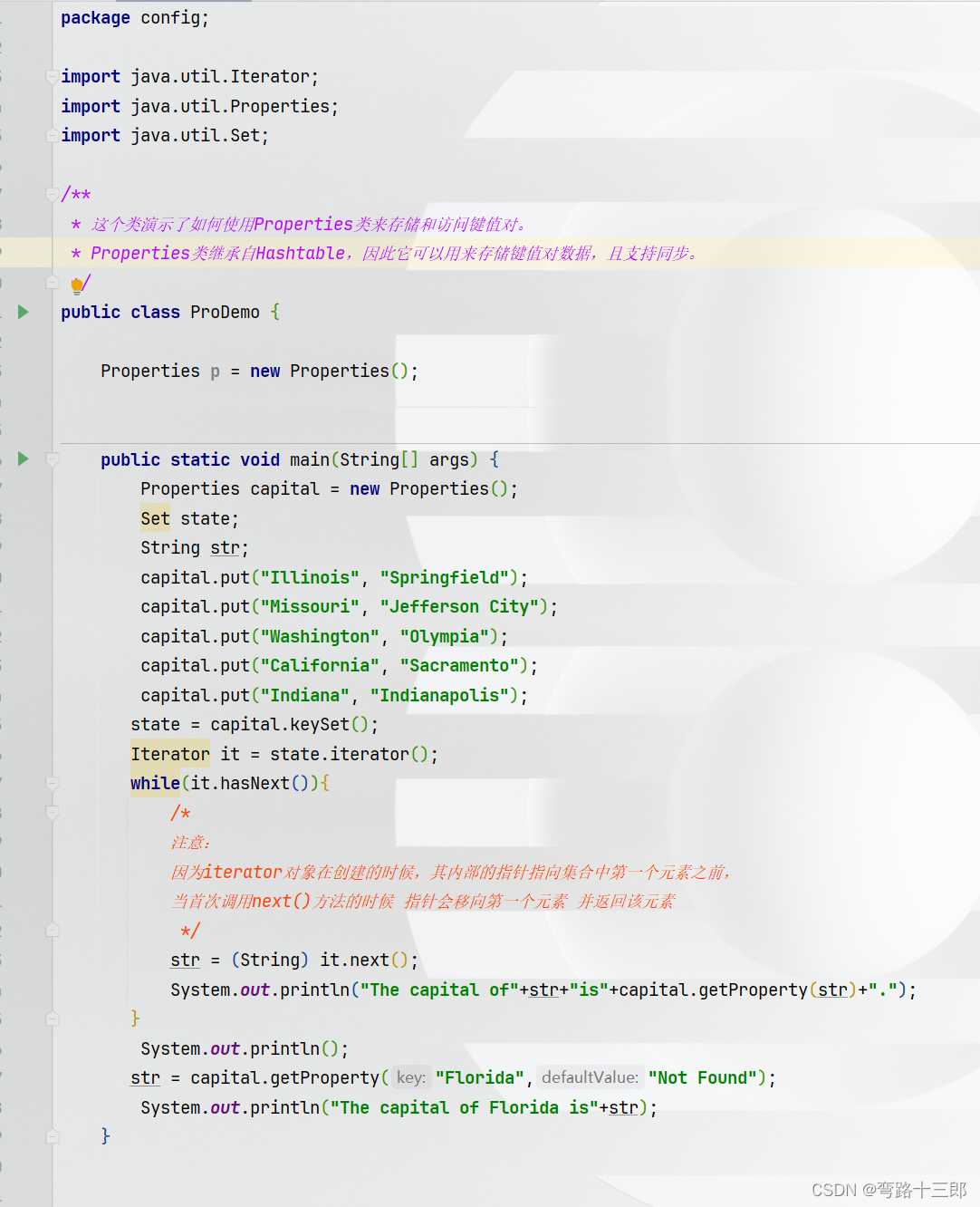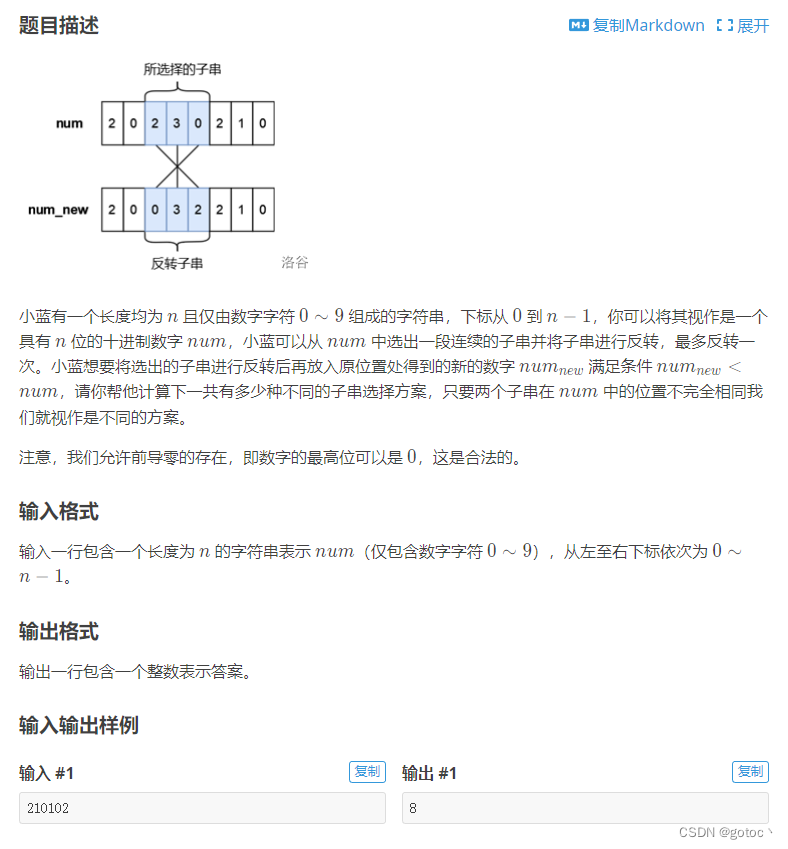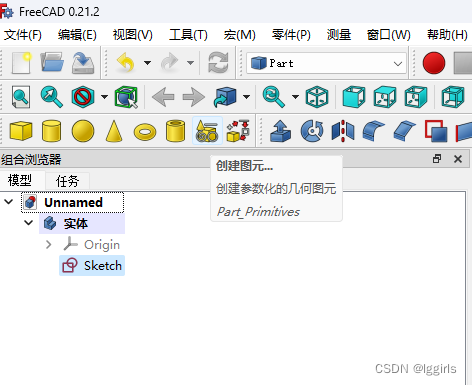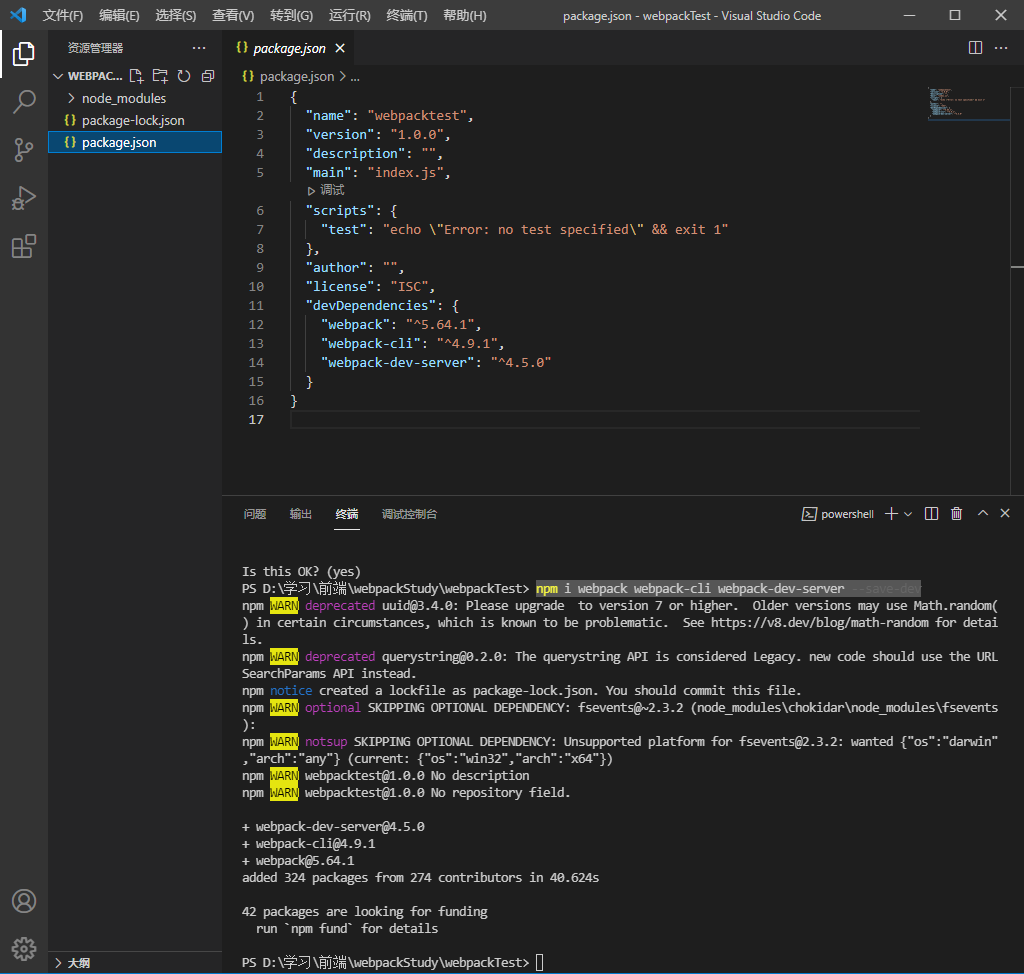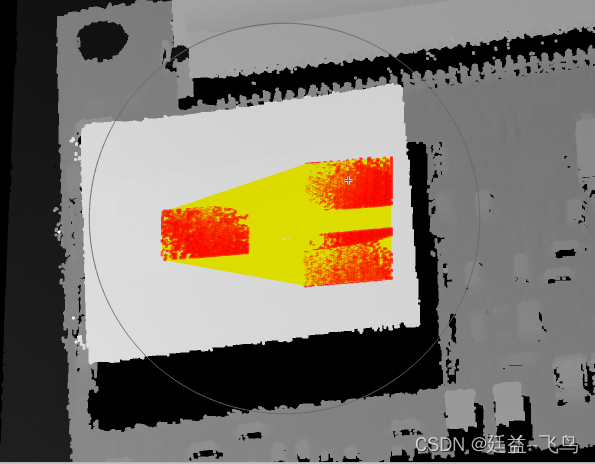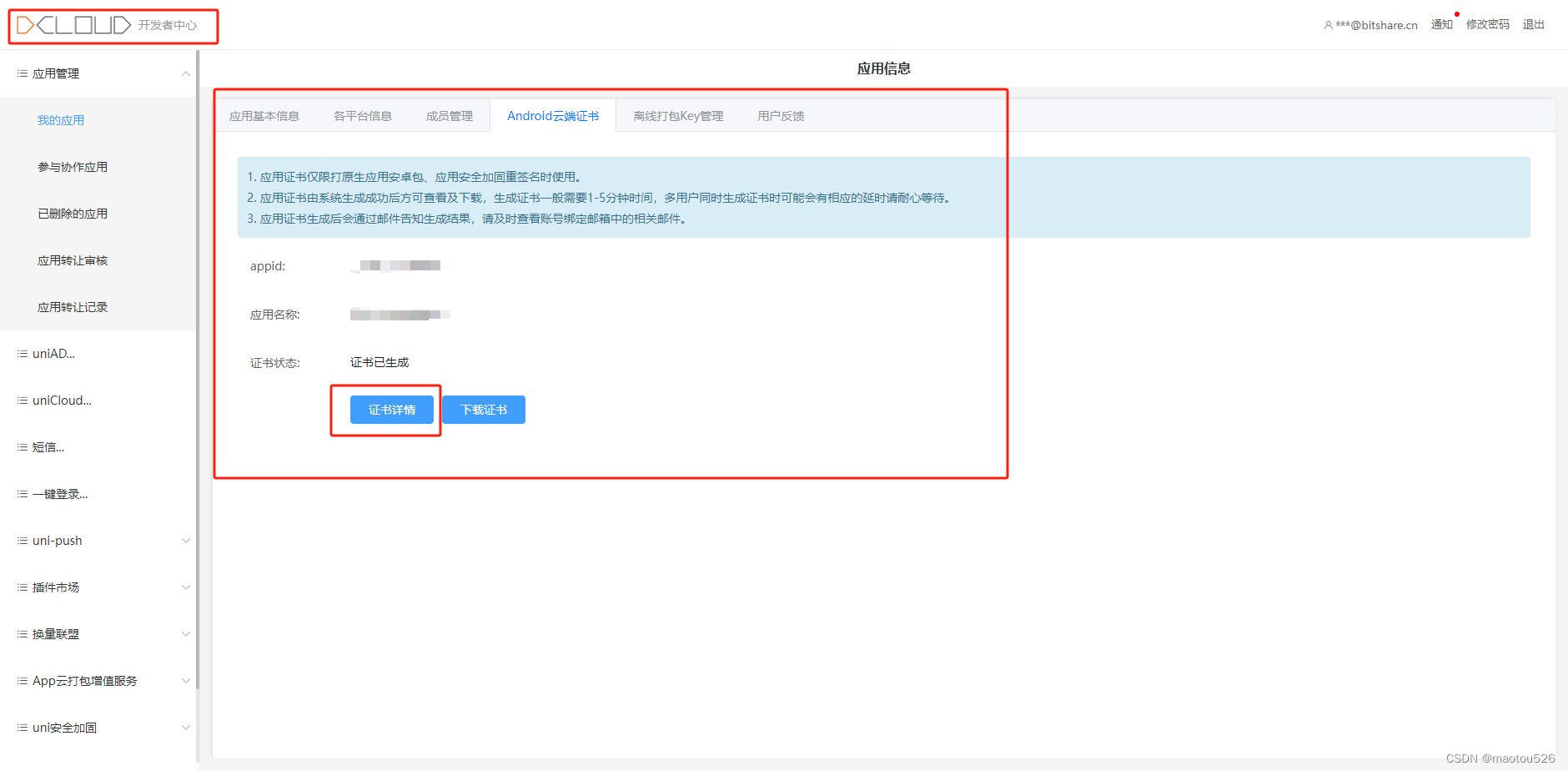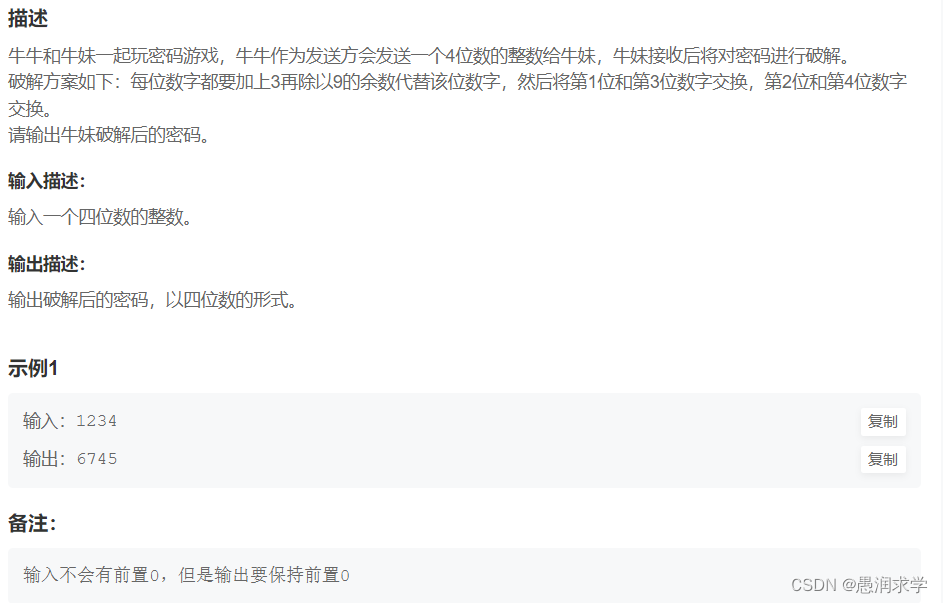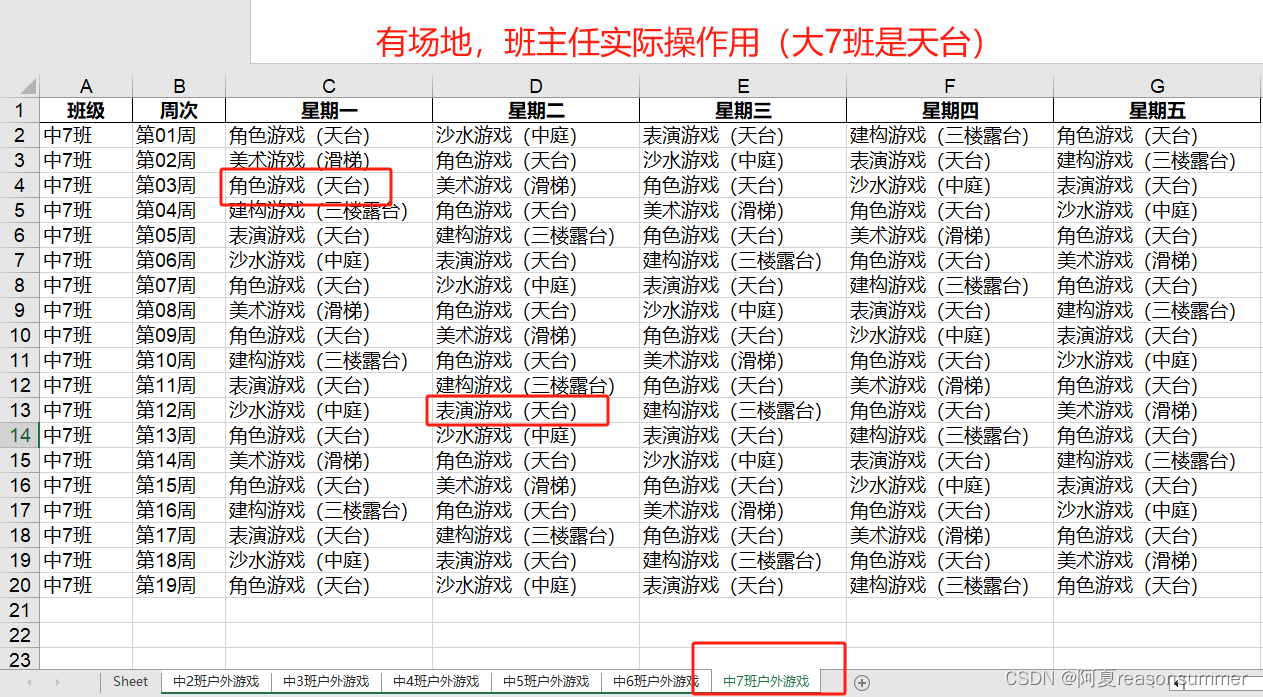openssl3.2 - exp - base64 / unbase64
概述
想将2进制内容放到配置文件中, 作为配置项的值.
那先base64一下, 变成可见字符串后再写入配置文件.
先看了官方的命令行实现.
然后从官方命令行实现, 迁移出一个调用openssl API来干活的版本.
自己测试迁移后的版本时, 细节还是挺多, 不像记录官方实现那么容易.
对BIO_push()的使用有了进一步的认识.
笔记
命令行实现
// 做实验用的明文
echo this is pt > pt.txt
// base64帮助
openssl base64 --help
// base64 明文编码
openssl base64 -e -in pt.txt -out pt.txt.base64
// 查看编码后的密文
more pt.txt.base64
// base64 密文解码
openssl base64 -d -in pt.txt.base64 -out pt.txt.base64.unbase64
// 查看解码后的明文
more pt.txt.base64.unbase64
程序实现
/*!
* \file exp033_base64.cpp
* \note openssl3.2 - exp - base64 / unbase64
* 用BIO链来完成base64/unbase64
*/
#include "my_openSSL_lib.h"
#include <openssl/crypto.h>
#include <openssl/bio.h>
#include <stdlib.h>
#include <stdio.h>
#include <assert.h>
#include "CMemHookRec.h"
#include <openssl/evp.h>
void my_openssl_app();
bool base64(bool isEncode, UCHAR* pucBufIn, int lenBufIn, UCHAR*& pucBufOut, int& lenBufOut);
int main(int argc, char** argv)
{
setvbuf(stdout, NULL, _IONBF, 0); // 清掉stdout缓存, 防止调用printf时阻塞
mem_hook();
my_openssl_app();
mem_unhook();
/*! run result
buffer original
0000 - 00 01 02 03 04 05 06 07-08 09 0a 0b 0c .............
after base64
0000 - 41 41 45 43 41 77 51 46-42 67 63 49 43 51 6f 4c AAECAwQFBgcICQoL
0010 - 44 41 3d 3d 0a DA==.
after unbase64
0000 - 00 01 02 03 04 05 06 07-08 09 0a 0b 0c .............
ok : the same by org and unbase64
free map, g_mem_hook_map.size() = 0
D:\my_dev\my_local_git_prj\study\openSSL\exp\exp033_base64\x64\Debug\exp033_base64.exe (进程 305792)已退出,代码为 0。
要在调试停止时自动关闭控制台,请启用“工具”->“选项”->“调试”->“调试停止时自动关闭控制台”。
按任意键关闭此窗口. . .
*/
return 0;
}
void my_openssl_app()
{
int i = 0;
UCHAR ucBuf[0x10 - 3];
UCHAR* pucBufOut = NULL;
int iLenBufOut = 0;
UCHAR* pucBufOut1 = NULL;
int iLenBufOut1 = 0;
for (i = 0; i < sizeof(ucBuf); i++)
{
ucBuf[i] = (UCHAR)i;
}
printf("buffer original\n");
BIO_dump_fp(stdout, ucBuf, sizeof(ucBuf));
do {
if (!base64(true, ucBuf, sizeof(ucBuf), pucBufOut, iLenBufOut))
{
assert(false);
break;
}
printf("after base64\n");
BIO_dump_fp(stdout, pucBufOut, iLenBufOut);
if (!base64(false, pucBufOut, iLenBufOut, pucBufOut1, iLenBufOut1))
{
assert(false);
break;
}
printf("after unbase64\n");
BIO_dump_fp(stdout, pucBufOut1, iLenBufOut1);
if (iLenBufOut1 != sizeof(ucBuf))
{
assert(false);
break;
}
if (0 != memcmp(ucBuf, pucBufOut1, sizeof(ucBuf)))
{
assert(false);
break;
}
printf("ok : the same by org and unbase64\n");
} while (false);
if (NULL != pucBufOut)
{
OPENSSL_free(pucBufOut);
pucBufOut = NULL;
}
if (NULL != pucBufOut1)
{
OPENSSL_free(pucBufOut1);
pucBufOut1 = NULL;
}
}
bool base64(bool isEncode, UCHAR* pucBufIn, int lenBufIn, UCHAR*& pucBufOut, int& lenBufOut)
{
bool b_rc = false;
BIO* bio_container = NULL;
BIO* bio_to_base64 = NULL;
BIO* bio_header = NULL; // BIO链头
BIO* bio_tail = NULL; // BIO链尾
BIO* bio_to_write = NULL; // 将数据写入的BIO指针
BIO* bio_read_from = NULL; // 将数据读出的BIO指针
size_t sz_wt = 0;
size_t sz_rd = 0;
int i_rc = 0;
int len = 0;
do {
pucBufOut = NULL;
lenBufOut = 0;
if ((NULL == pucBufIn) || (lenBufIn <= 0))
{
break;
}
bio_container = BIO_new(BIO_s_mem());
if (NULL == bio_container)
{
break;
}
bio_to_base64 = BIO_new(BIO_f_base64());
if (NULL == bio_to_base64)
{
break;
}
bio_header = BIO_push(bio_to_base64, bio_container);
bio_tail = bio_container;
if (isEncode)
{
bio_to_write = bio_header;
bio_read_from = bio_tail;
}
else {
bio_to_write = bio_tail;
bio_read_from = bio_header;
}
i_rc = BIO_write_ex(bio_to_write, pucBufIn, lenBufIn, &sz_wt);
if ((1 != i_rc) || (lenBufIn != sz_wt))
{
break;
}
BIO_flush(bio_to_write); // 数据写完后, 必须对写入的BIO执行 BIO_flush.
// 必须从bio_read_from读取处理完的数据长度, 才是处理之后的数据长度
len = BIO_pending(bio_read_from); // 必须BIO_flush()之后, 才能读取到BIO内可以读出的数据长度. 否则读出的长度是0
// 当解码时, 得到的处理完的长度还是没解码之前的长度, 不过不影响
// 拿这个长度开buffer, 实际数据处理完的长度按照从bio_read_from()中累计出的数据长度为准
// 将处理过的数据从bio_header中读出来
pucBufOut = (UCHAR*)OPENSSL_malloc(len + 1); // 再多加1个字节的空间, 便于观察得到的可见字符串
if (NULL == pucBufOut)
{
break;
}
pucBufOut[len] = '\0';
do {
// 不能从bio_header读取, 因为读取后, 还是原来的数据长度
i_rc = BIO_read_ex(bio_read_from, pucBufOut + lenBufOut, len - lenBufOut, &sz_rd);
if (i_rc <= 0)
{
// 多次读, 直到读空了, 不算错
break;
}
lenBufOut += sz_rd;
} while (true);
b_rc = true;
} while (false);
if (NULL != bio_header)
{
BIO_free_all(bio_header);
bio_header = NULL;
}
return b_rc;
}


